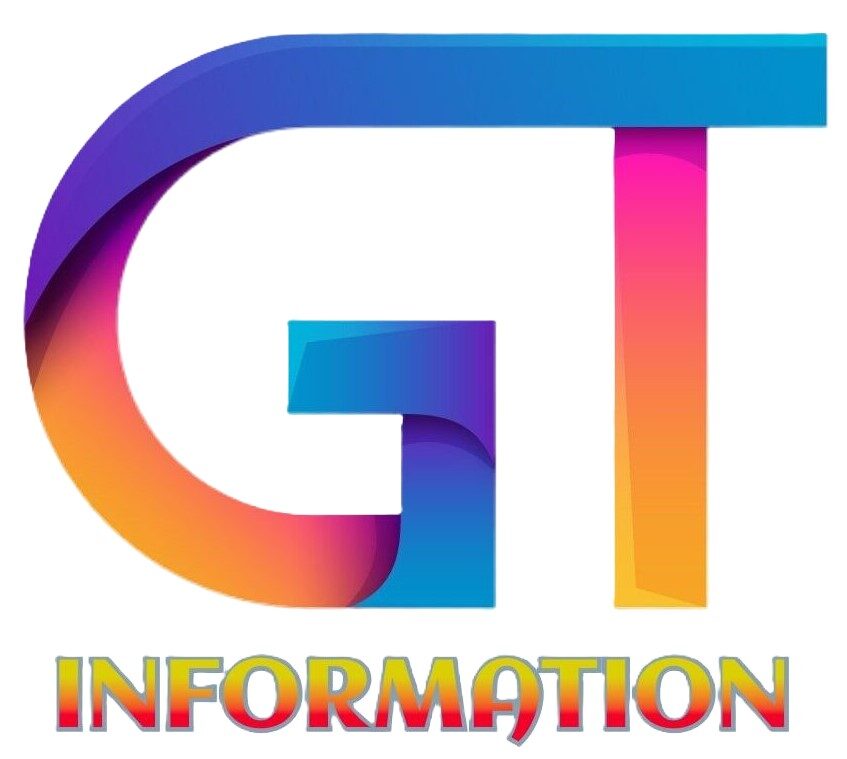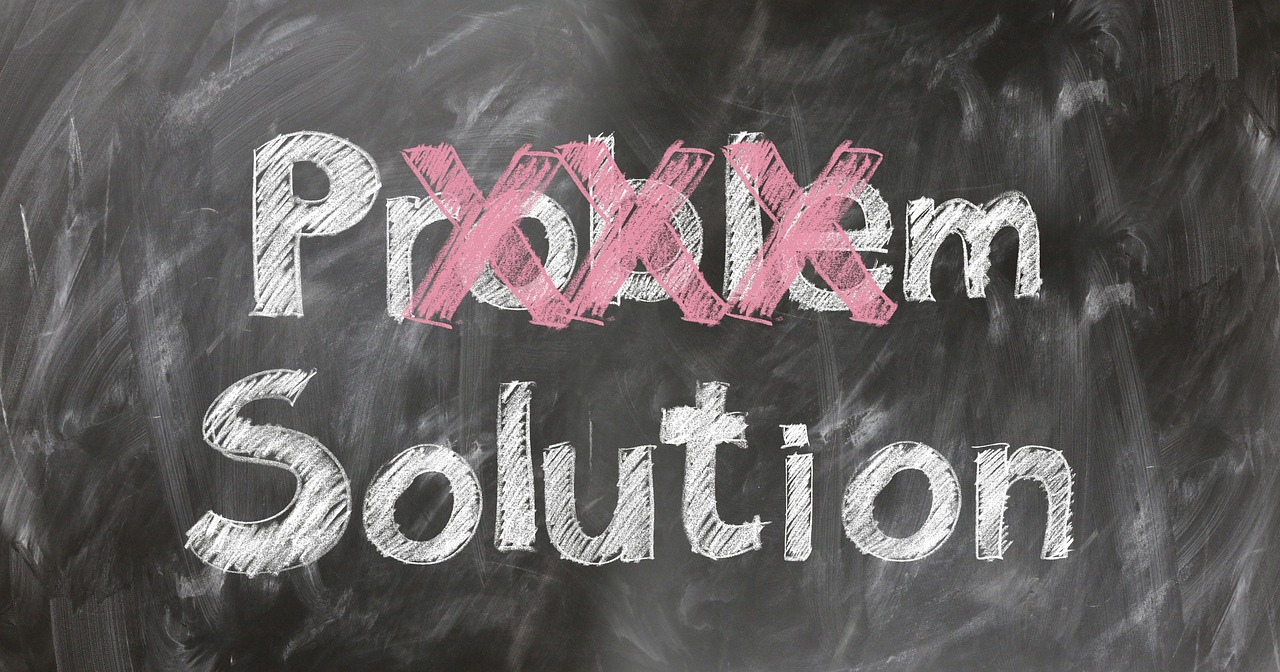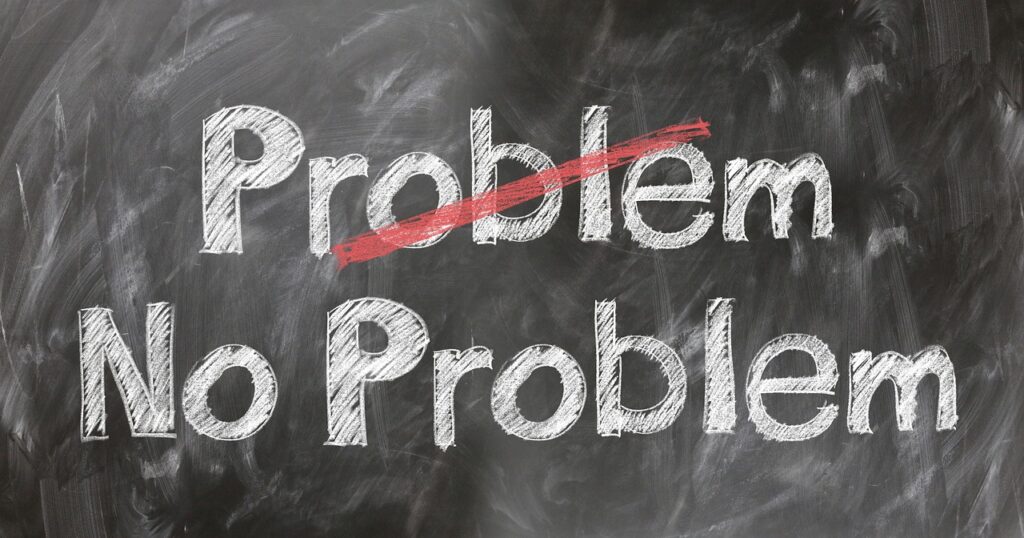Problem-solving skills are essential in various contexts, whether in personal life, the workplace, or educational settings. Here are five scenarios that illustrate effective problem-solving skills in detail:
1. Workplace Conflict Resolution
Scenario: Two team members have a disagreement over the direction of a project, leading to tension and reduced productivity.
Approach:
- Identify the Problem: The manager observes the conflict and gathers information from both parties to understand the root cause.
- Encourage Open Communication: The manager facilitates a meeting, allowing each team member to express their views without interruption.
- Explore Solutions: Together, they brainstorm potential compromises, focusing on the project’s goals rather than personal disagreements.
- Implement and Evaluate: The team agrees on a shared approach and establishes check-in points to assess progress and address any lingering issues.
Outcome: The team resolves the conflict, improves collaboration, and enhances overall project outcomes.
2. Product Development Challenge
Scenario: A tech company is facing issues with a new product that has received negative feedback during beta testing.
Approach:
- Data Analysis: The product team collects and analyzes user feedback to identify common issues and pain points.
- Root Cause Analysis: They use techniques like the “5 Whys” to dig deeper into why users are dissatisfied.
- Iterative Prototyping: The team develops a revised version of the product, incorporating user suggestions and testing it with a small group.
- Feedback Loop: They implement a system for ongoing user feedback to ensure the final product aligns with customer needs.
Outcome: The revised product sees a significant improvement in user satisfaction, leading to a successful launch.
3. Time Management in Education
Scenario: A student is struggling to balance multiple assignments and extracurricular activities, leading to stress and missed deadlines.
Approach:
- Prioritize Tasks: The student creates a list of all assignments, deadlines, and responsibilities, categorizing them by urgency and importance.
- Develop a Schedule: Using a planner, they allocate specific time blocks for study sessions and leisure activities, ensuring a balanced approach.
- Set SMART Goals: They establish Specific, Measurable, Achievable, Relevant, and Time-bound goals for each assignment.
- Review and Adjust: The student regularly reviews their progress and adjusts their schedule as needed to stay on track.
Outcome: Improved time management leads to better academic performance and reduced stress levels.
4. Crisis Management in Healthcare
Scenario: A hospital faces a sudden influx of patients due to a public health crisis, overwhelming staff and resources.
Approach:
- Assess Resources: The hospital leadership conducts an immediate assessment of available staff, equipment, and space.
- Establish a Task Force: They create a specialized team to manage the crisis, delegating roles based on expertise.
- Implement Triage Protocols: The team develops a triage system to prioritize patient care based on urgency and severity of conditions.
- Communicate with Stakeholders: They keep communication open with staff, patients, and the community, providing updates and managing expectations.
Outcome: The hospital successfully manages the crisis, ensuring that patients receive appropriate care while maintaining operational stability.
5. Community Development Project
Scenario: A local community is facing issues related to urban decay, including vacant lots and limited public spaces.
Approach:
- Community Engagement: Organizers hold town hall meetings to gather input from residents about their needs and ideas for revitalization.
- Collaborative Planning: They form a task force with community members, local businesses, and government representatives to develop a comprehensive plan.
- Identify Funding Sources: The group researches and applies for grants and partnerships with local organizations to secure funding.
- Implement Changes: They start with small projects, such as creating community gardens and organizing clean-up days, to build momentum and enthusiasm.
Outcome: The community experiences improved engagement and a revitalized neighborhood, fostering a sense of pride and ownership among residents.
Each of these scenarios demonstrates the importance of structured problem-solving skills, including effective communication, analytical thinking, collaboration, and adaptability.


